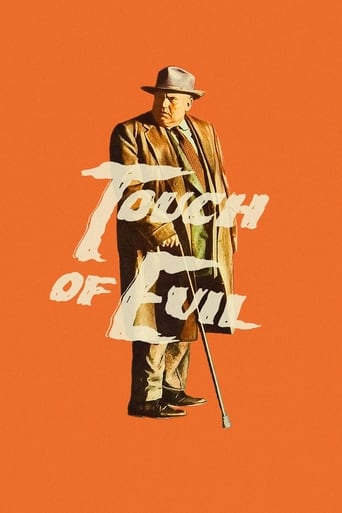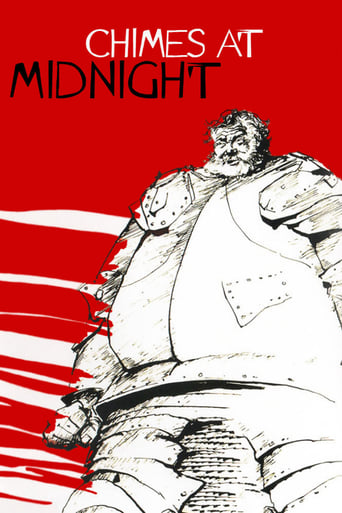


Chimes at Midnight
Henry IV usurps the English throne, sets in motion the factious War of the Roses and now faces a rebellion led by Northumberland scion Hotspur. Henry's heir, Prince Hal, is a ne'er-do-well carouser who drinks and causes mischief with his low-class friends, especially his rotund father figure, John Falstaff. To redeem his title, Hal may have to choose between allegiance to his real father and loyalty to his friend.
-
- Cast:
- Orson Welles , Keith Baxter , John Gielgud , Jeanne Moreau , Margaret Rutherford , Marina Vlady , Walter Chiari


Similar titles

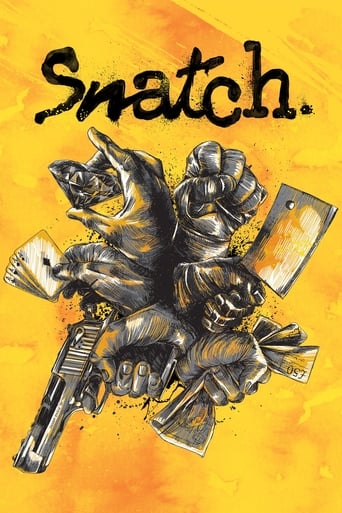
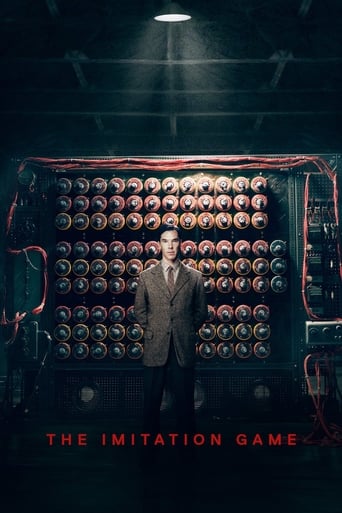

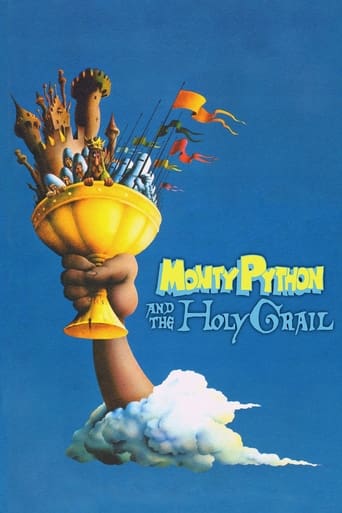
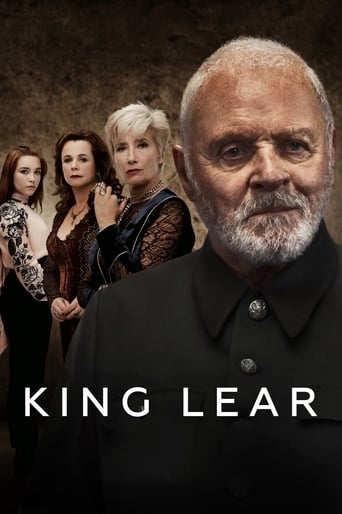
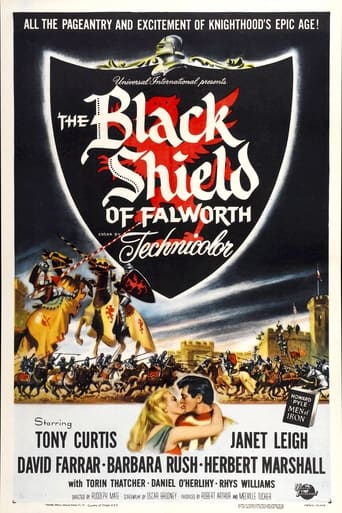
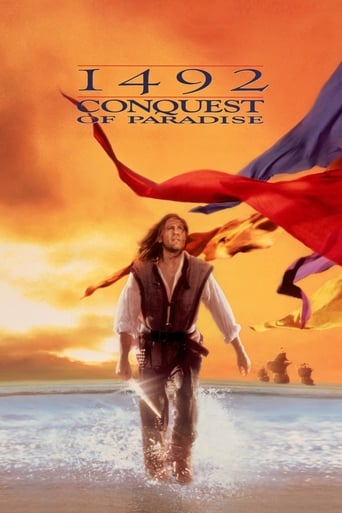
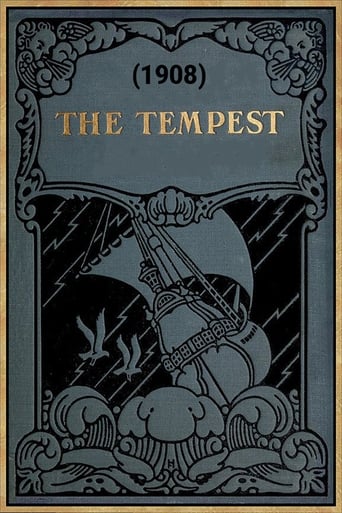
Reviews
Lack of good storyline.
Don't listen to the negative reviews
Don't Believe the Hype
As somebody who had not heard any of this before, it became a curious phenomenon to sit and watch a film and slowly have the realities begin to click into place.
I won't go into a long review here. Several of you have done admirably in recreating this marvelous presentation. It's Shakespeare but then it is not. Orson Welles did a masterful job of taking a favored comic character, Falstaff, and putting him on the screen as the center of attention, rather than a peripheral supporting character. The language sparkles all the way through. We manage to see his underlying power all the way through. He is a braggart and a bumbler and a real control freak. If you ever doubted that Orson Welles was one of our most magnificent actors, take a look at this. It is he who controls every scene while deadly battles and significant in-fighting occurs in the post Richard III era. I had never heard of this film. Excellent.
It's not exactly daring to declare Citizen Kane to be Orson Welles's most groundbreaking and influential movie. That does not, however, mean that Kane is necessarily Welles's most entertaining and satisfying film. I have long held the latter to be Touch of Evil, but now that I have seen the long unavailable Chimes at Midnight, I might have to reconsider. Welles is indisputably the primary creative force behind Kane and Touch. With Chimes he had some pretty decent source material with which to start. The script is composed of scenes from Shakespeare's Merry Wives of Windsor, Henry IV Parts 1 & 2, and Henry V reconfigured to make Falstaff, Shakespeare's most famous supporting character, into the primary figure of the narrative. But this creates an entirely original story with entirely different themes and politics than those of the original works. This is one of the most contemporary feeling Shakespeare films ever made, even though it in no way departs from the plays' medieval settings. Indeed, the magnificent art direction subtly but powerfully conveys a world of spectacular barbarity where even the most sympathetic characters wander an earth littered with tortured, mutilated, broken bodies displaying not a trace of emotion. There is so much understandable attention paid to Welles the director that we sometimes overlook what a truly gifted actor the man was. And in that regard, this is his masterpiece, the performance of his life . His Falstaff is a soulful hedonist whose gift for gab can make most anyone forgive his rather parasitic nature. This is not the likable, but sometimes violent criminal the character is sometimes imagined to be, but a man who wants his stories to amuse and make one forget or overlook the characters intense vulnerability, and indeed cowardice. Welles always conveys vulnerability, even in his least sympathetic characters, but this is a spectacularly moving performance in which the old Welles uses his physical awkwardness, his jarring girth, to manifest a man who tries to entertain a world he cannot change, or even nimbly navigate. Falstaff is a moving character as written in Shakespeare's three plays that feature Henry V. Yet those plays are ultimately, necessarily, celebrations of feudal power and conquest. The young Henry enjoys the rapscalrony of Falstaff's company, but when the time comes to assume power, he dutifully puts aside childish things and starts a war of conquest for the glory of the nation, which is to say the Crown. Falstaff is, in these plays, that which must be repudiated for the sake of glory. Nothing in this twentieth century work makes feudal power seem glorious. When Henry turns his back on Falstaff it seems the victory of conformity over comradery, of obligation over empathy. It goes without saying that the film is visually sumptuous, characterized by the brilliant deep-focus and chiaroscuro lighting that are Welles's visual hall mark. But one scene stands out as one of the aesthetically greatest of his career as a director. Falstaff, ostensibly a knight, is fitted with a ludicrous, almost tank sized suit of armor to try to contain his rotund form. This machine of awkwardness is plunged into a brutal battle, equipped only for impotence. The image almost had to have been inspired by Max Ernst's near identical 1921 painting, The Elephant Celebes. But where as Ernst's round robot is terrifying, Welles's knight is the clown prince of all that is human.
Among the thousands of artists who have adapted Shakespeare, Welle's movies still are the least appreciated and estimated of them. Welles repeated Verdi's task in turning Macbeth, Othello and Falstaff, but in films rather than operas.We can only imagine what it is to adapt the pinnacle of the English comic literature, the huge hill of flesh Falstaff into a film knowing that you're at risk of being an heretic to loosel'd one of the masterpieces of the greatest author that ever left their mark on literature. But here we can say that welles really turned Shakespeare and inevitably into an loss of complexity. First of all like many artists (Verdi one them) that have the mistake of thinking that Falstaff is the main figure of Henry IV's plays, Welles adapts the historic tragicomedy in a melancholy comedy, political issues are ignored or comixed, Hotspur is transformed into bad comic scream-ever character. Shakespeare play is not really about Falstaff, despite that he dominate the stage, nor is a comedy in the basic term sense. Falstaff's quartet friends (Pistol, Bardolph, etc) lose all power. The play is all about politics, Hal and Hotspur, honor and kingdoms. That's the thing and to adapt such a corpus of literary complexity Welles wrong itself connecting the two plays parts when the first part works excellently alone.To escape the literary aspect of the review. Chimes at Midnight It's an excellent entertainment, a must view for those who want to see one of the three greatest comics characters (the others being Don Quixote and Pantrugel) in the cinema. Highpoints are Shrewsbury Battle, Falstaff's welles performance and direction as always. But not exaggerating in the purism, Chimes at midnight does not have the psychological depth of Macbeth (1948) or the beauty of performances of Othello (1952) and in my opinion he's the minor of the three Shake-welles films.
This movie, which is very nicely filmed, very cinematic, as we'd expect from it's director, has one very big problem with it. Falstaff, in the Shakespeare plays, is no hero. In the plays he symbolizes everything wrong with England. He is an adulterous, corrupt, criminal, even stooping so low as to become a common thief, he is a congenital liar and manipulator. In the plays, while we have a certain amount of fun with him for a while, in the end he is acknowledged for what he is: evil. The director of this film had a different idea, he had a strange romantic vision of the age of chivalry, and felt that this was somehow embodied in the character of Falstaff. Film buffs can read the interviews. This interpretation is at logger-heads with Shakespeare's Fallstaff. The director, of course, felt that you can play Shakespeare any number of different ways, and all will be well and good. But you can't turn the criminal, the embodiment of evil, into the good-guy. That's a little too "Hollywood", in the worst possible way. Personally, I don't feel any sympathy for Hal's rejection of Falstaff. He got what was coming to him. The Prince grew up, developed a sense of moral character when it was needed of him. He rose to the occasion and met that which was demanded of him for the good of his country. The sad coward Falstaff could never change. The director, self-confessedly, is on Falstaffs side. Makes you wonder about his view of life in general and understanding of Shakespeare in particular.Very disappointing.

